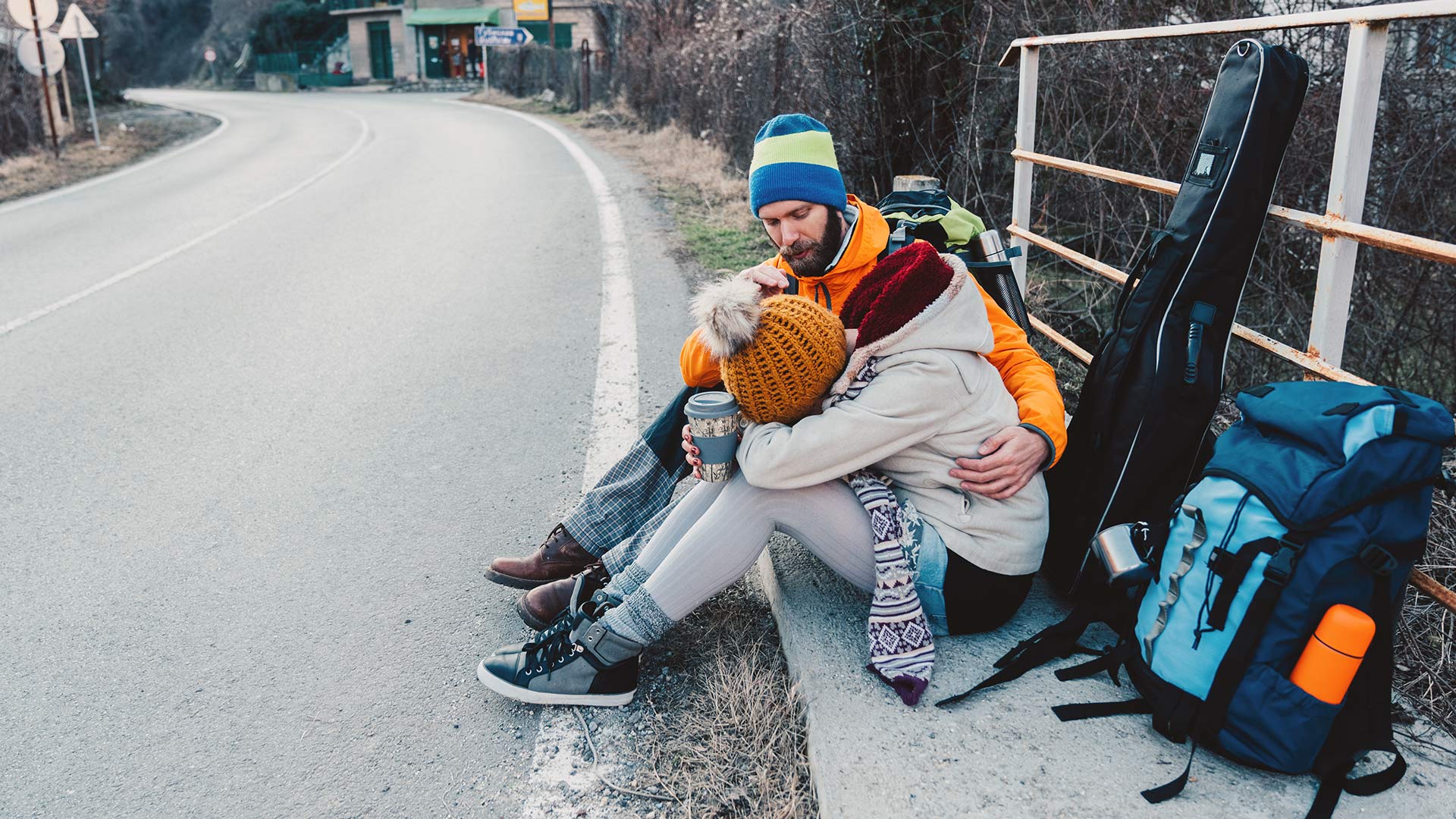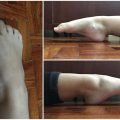What is Montezuma’s Revenge?
“Montezuma’s Revenge” is a colloquial and somewhat humorous term used to describe traveler’s diarrhea. It refers to a condition in which a person experiences gastrointestinal symptoms, primarily diarrhea, after consuming food or water contaminated with certain bacteria, parasites, or viruses while traveling to regions with different sanitation and hygiene standards than what they are accustomed to.
Traveler’s diarrhea is a common ailment among tourists who visit developing countries or regions with inadequate water purification and food safety practices. The condition is often caused by ingesting harmful microorganisms, such as Escherichia coli (E. coli), Salmonella, Campylobacter, or various parasites, like Giardia or Cryptosporidium.
Symptoms of Montezuma’s Revenge (traveler’s diarrhea) can include:
- Frequent, loose, or watery stools
- Abdominal cramps and pain
- Nausea and vomiting
- Fever
- Malaise (feeling unwell)
The name “Montezuma’s Revenge” is a humorous reference to the Aztec emperor Montezuma II, who ruled over the Aztec Empire in the early 16th century when Spanish conquistadors, including Hernán Cortés, arrived in Mexico. It implies that the condition is a form of retribution from Montezuma for the intrusion of foreign invaders. In reality, traveler’s diarrhea is caused by microbial contamination of food and water and is not a deliberate act of revenge.
How Long Does Montezuma’s Revenge Last?
The duration of Montezuma’s Revenge, or traveler’s diarrhea, can vary from person to person and depends on several factors, including the underlying cause of the illness, the individual’s immune system, and the treatment received. In general, traveler’s diarrhea typically lasts for a few days to a week, but it can sometimes persist longer.
Here’s a rough timeline of what you might expect:
- Onset of Symptoms: Traveler’s diarrhea symptoms usually begin within the first few days of exposure to contaminated food or water. This can include diarrhea, abdominal cramps, nausea, and possibly vomiting and fever.
- Acute Phase: During the acute phase, which typically lasts for a few days, diarrhea can be frequent and watery. It’s essential to stay hydrated during this time to prevent dehydration.
- Resolution: In many cases, traveler’s diarrhea will resolve on its own within 3 to 5 days. However, it can take up to a week for symptoms to completely disappear.
- Persistent or Prolonged Cases: Some individuals may experience persistent or prolonged traveler’s diarrhea that lasts beyond a week. This can be due to more severe infections or underlying medical conditions. In such cases, seeking medical attention is advisable.
- Recovery: As symptoms improve and the digestive system begins to return to normal, you may notice a gradual decrease in the frequency and severity of diarrhea.
It’s important to note that while traveler’s diarrhea is usually a self-limiting condition, dehydration can be a significant concern, especially in young children, the elderly, and individuals with weakened immune systems. Therefore, it’s crucial to stay vigilant about hydration and seek medical advice if you or someone you’re traveling with experiences severe or prolonged symptoms.
How Is Montezuma’s Revenge Treated?
Montezuma’s Revenge, or traveler’s diarrhea, is typically a self-limiting condition that often resolves on its own within a few days to a week. Treatment primarily focuses on managing symptoms, preventing dehydration, and addressing the underlying cause, which is usually a bacterial or parasitic infection. Here are some common approaches to treating Montezuma’s Revenge:
- Hydration: Staying hydrated is crucial to prevent dehydration, especially if diarrhea is frequent and watery. Drink clear fluids such as water, oral rehydration solutions (ORS), clear broths, and diluted fruit juices. Avoid alcohol, caffeine, and dairy products during the acute phase, as they can worsen dehydration.
- Rest: Get plenty of rest to help your body recover and conserve energy. Avoid strenuous activities, especially if you’re feeling weak or fatigued.
- Dietary Modifications: Gradually reintroduce solid foods as your symptoms improve. Start with bland, easy-to-digest foods like rice, plain crackers, bananas, and toast (known as the BRAT diet). Avoid spicy, fatty, or highly seasoned foods during the acute phase.
- Over-the-Counter Medications: Antidiarrheal medications like loperamide (Imodium) can help reduce the frequency of diarrhea. However, these medications are generally not recommended if you have a high fever or bloody stools, as they can trap the infectious agent in your intestines. Always follow the dosing instructions on the medication label.
- Antibiotics: In some cases, if symptoms are severe, prolonged, or caused by specific bacteria, healthcare providers may prescribe antibiotics. Antibiotics can help shorten the duration of traveler’s diarrhea and reduce symptoms. Commonly prescribed antibiotics include ciprofloxacin or azithromycin. Be sure to complete the full course of antibiotics as prescribed.
- Antiemetics: Antiemetic medications may be prescribed to alleviate nausea and vomiting if these symptoms are severe and contribute to dehydration.
- Medical Evaluation: If symptoms are severe, persistent (lasting more than a week), or accompanied by high fever, bloody stools, or signs of dehydration (such as extreme thirst, dry mouth, dark urine, or dizziness), it’s essential to seek medical attention promptly. Your healthcare provider can determine the cause of your diarrhea through stool tests and provide appropriate treatment.
How can I prevent Montezuma’s Revenge?
Preventing Montezuma’s Revenge, or traveler’s diarrhea, is a top priority for anyone traveling to regions with different sanitation and hygiene standards. While it’s not always possible to completely eliminate the risk, there are several measures you can take to minimize your chances of getting sick:
- Safe Drinking Water:
- Drink bottled water from reputable sources, or purify tap water using methods such as boiling, filtration, or water purification tablets.
- Avoid consuming ice cubes made from tap water, as they can also be contaminated.
- Be cautious when using water for brushing your teeth; use bottled or purified water for this purpose.
- Safe Food Handling:
- Eat only well-cooked, hot foods. Steaming hot foods are less likely to harbor harmful bacteria.
- Avoid raw or undercooked seafood, meats, and eggs.
- Consume fruits and vegetables that have been thoroughly washed with purified water or have a peel that you can remove.
- Food and Beverage Selection:
- Choose reputable and clean food establishments. Busy restaurants with high turnover are often safer options.
- Be cautious with street food vendors, as their hygiene practices can vary widely.
- Avoid consuming foods or drinks from street vendors that may have been sitting exposed to contaminants.
- Hand Hygiene:
- Wash your hands frequently with soap and clean water for at least 20 seconds, especially before eating, after using the restroom, and after touching surfaces in public areas.
- If clean water and soap are not available, use hand sanitizers with at least 60% alcohol.
- Avoid Contaminated Surfaces:
- Be mindful of surfaces that may be contaminated, such as restroom doorknobs and handles. Use a paper towel or your sleeve to open doors if possible.
- Limit Alcohol and Caffeine:
- Alcohol and caffeine can contribute to dehydration, which may worsen the effects of traveler’s diarrhea. Consume them in moderation or balance them with plenty of water.
- Vaccinations and Medications:
- Consult with a healthcare provider before your trip to discuss vaccinations or medications that may help prevent specific infections, such as hepatitis A or traveler’s diarrhea.
- Probiotics: Some studies suggest that taking certain probiotics before and during travel may help reduce the risk of traveler’s diarrhea. Discuss this option with your healthcare provider.
- Be Cautious with Ice Cream and Dairy: In some countries, dairy products may not undergo pasteurization and could be a source of contamination. Be cautious when consuming ice cream and other dairy items.
- Travel Insurance: Consider purchasing travel insurance that covers medical expenses in case you do get sick while traveling. It can provide peace of mind and financial protection.
Remember that even with these precautions, there is always some level of risk when traveling to regions with different sanitation standards. Staying informed about local health advisories and practicing good hygiene are key to minimizing the risk of Montezuma’s Revenge and other travel-related illnesses. If you do experience symptoms of traveler’s diarrhea despite preventive measures, seek medical attention promptly.





